This website uses cookies so that we can provide you with the best user experience possible. Cookie information is stored in your browser and performs functions such as recognising you when you return to our website and helping our team to understand which sections of the website you find most interesting and useful.

Selenis Makes High-Quality rPET from Circ’s Recovered Terephthalic Acid
June 10, 2024
Portalegre, Portugal and Danville, Virginia (June 11, 2024) – Selenis has successfully produced recycled PET chips from terephthalic acid provided by Circ®, a Virginia-based textile-to-textile recycler. The chip was produced via a multiple-batch campaign at Selenis’ pilot plant in San-Giorgio, Italy. Using inputs recovered from polycotton textile waste, the high-quality PET chip has been transformed into DTY yarn and will be used in product development as Circ builds additional capsule launches. Selenis is building on the success of this initial phase of collaboration by committing to work toward an offtake partnership in support of Circ’s first industrial facility.
“The monomer synthesis performed similarly to virgin terephthalic acid,” said Eduardo Santos, Head of Corporate Strategy at Selenis. “These results are a promising indication of the consistent quality of Circ’s monomer output and future commercial success. As this partnership with Circ aligns with our mission and sustainability goals in the textile world, we look forward to building upon this work and supporting Circ’s commercial production trials in the future.”
Selenis, a global supplier of high-quality, innovative, and sustainable specialty polyester solutions for diverse applications, is a subsidiary of the IMG Group, a multinational with sixty-five years of experience in the industry. The collaboration with Circ reinforces Selenis’ sustainable mission, which relies on employing the company’s profound knowledge of polymers, formulations, and processing, to partner with customers in developing eco-friendly solutions and commitment to creating opportunities. Highly focused on sustainability, this current endeavor with Circ is enabling Selenis to develop products with PTA using recovered terephthalic acid from Circ and bio-monoethylene glycol (Bio-MEG) from second-generation biobased sources. Their ultimate goal is to eliminate plastic waste, reduce carbon footprint, and conserve valuable resources by enabling the transformation of waste into new, high-quality products, over and over again.
“By working with the Selenis strategic and pilot plant manufacturing teams, we demonstrated the quality of Circ monomers and confirmed its performance as a like-for-like replacement of virgin monomers in synthesizing rPET from blended textile waste,” said Kaushik Vashee, SVP of Manufacturing at Circ. “The Selenis teams’ commitment to realizing the pilot trials has been instrumental in demonstrating the value of our recycled monomers.”
Circ is the leader in blended textile-to-textile recycling, a known challenge for the industry. Each year, tens of millions of tons of polycotton textile waste is landfilled or burned because existing recycling solutions cannot separate the plastic from the natural fiber and recover both materials. Circ’s innovative recycling technology is the only platform to successfully separate polycotton blended textile waste and recover both cellulosic and synthetic fibers. As Circ begins to implement its transformational technology, it is seeking partners that demonstrate product quality, reinforce its mission, and embrace the change with creativity and enthusiasm.
ABOUT SELENIS
__________________________________________________________________________
Selenis is a supplier of sustainable, high-quality, innovative specialty polyester solutions for diverse applications. Their mission relies on building the path to a greener and waste-free future, navigating along three avenues: recycled, recyclable and bio-based resins. Selenis is a global business with production sites in Portugal, Italy, Tunisia, and the USA. Their production facilities have batch and continuous units, including SSP capacity across all regions, allowing for a production of a wide range of polymers that meet highly technical market requirements. Their production configurations provide Selenis the flexibility to produce both amorphous and crystallized products, as well as modified products on the acid and the glycol side.
Committed to playing a role in society’s collective response to the plastic waste challenge, Selenis creates partnerships across the value chain to create long-term solutions. Highly focused on sustainability, Selenis centers their innovation in developing resins with up to 70% of chemically recycled content, bio-based and solutions that are fully recyclable in the PET stream. Their progress in molecular recycling turns waste into the building blocks of their specialty resins, contributing to the fight against climate change. Selenis and their sister company, Evertis, are members of the IMG group, an international business headquartered in Portugal with operations around the world. Their businesses have been pioneers in the polymers industry since 1959.


